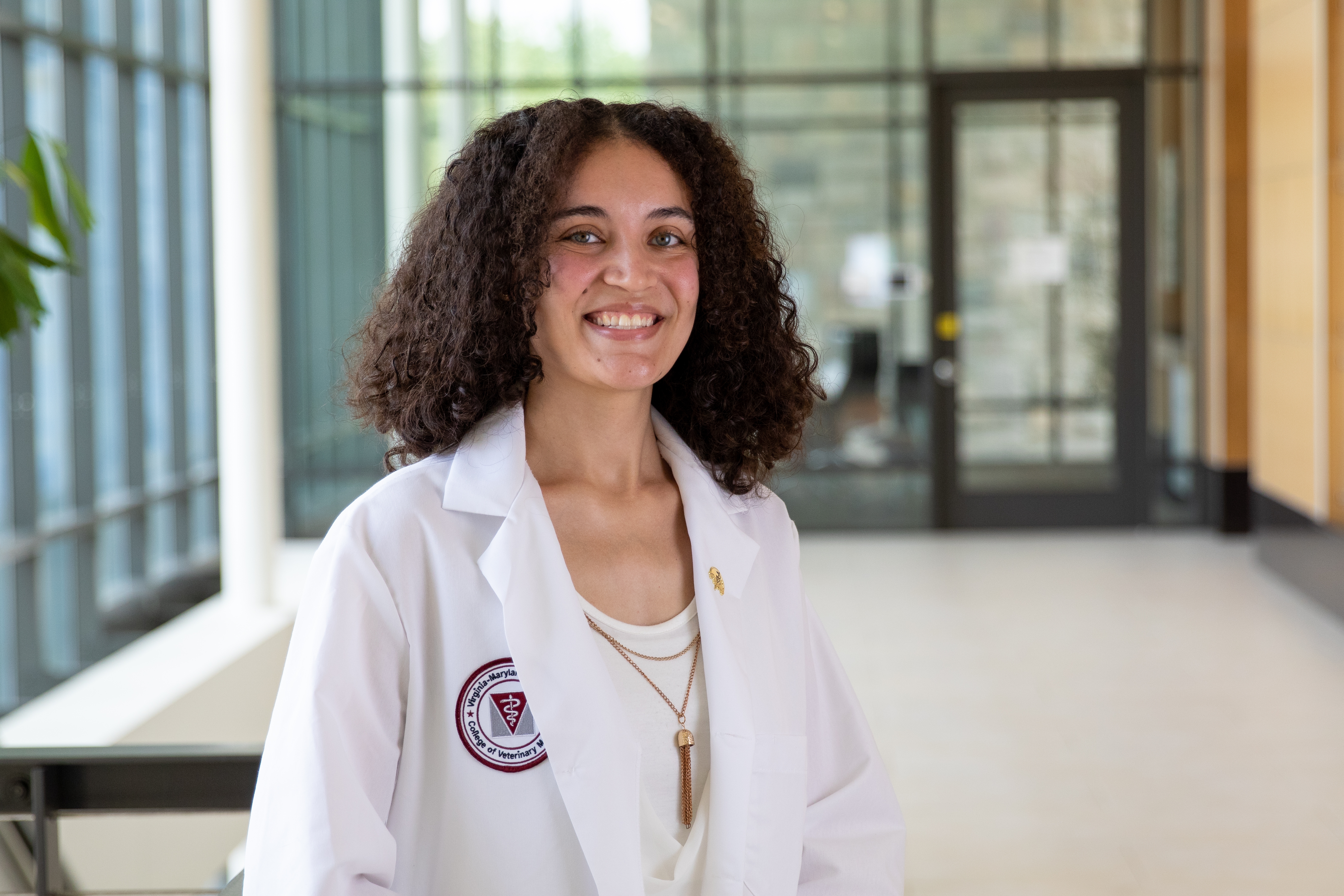A student's experience in Kenya

“I had the wonderful opportunity this past summer to spend 6 weeks in Kenya working on a research project as part of my clinical rotation experience for the DVM program, and my public health practice experience for the MPH program. The purpose of the project was to conduct surveillance for zoonotic diseases (Q-fever, brucellosis, and MERS-CoV) in camels. There are many pastoralist communities that rely on camels for a source of meat and milk. These communities are at increased risk of disease transmission, particularly through unpasteurized camel milk or through exposure to camels with respiratory pathogens.

A camel herd in Samburu, Kenya. Dromedary camels are an important source of meat and milk in pastoralist communities due to their production abilities in harsh climates.
“I spent my first week in Nairobi with the field research team, planning and coordinating the logistics for our pending field work. The area of focus – Samburu - is about 8 hours north of Nairobi. We traveled there the second week, and camped at Reteti Elephant Sanctuary. We spent several days driving out to various communities where we collected blood, milk, ticks, and nasal swabs from the camels.
“Following the field work, we returned to Nairobi. Unfortunately, our diagnostic kits were stuck in customs, so in the meantime, we had the opportunity to shadow the laboratory staff working in snake venom research, where I got exposure to running ELISAs (a commonly used analytical biochemistry assay) and learned the protocols for these diagnostics. I also visited the International Livestock Research Institute (ILRI), where I discussed a potential collaboration on camel disease surveillance with the staff, since they’re currently doing a similar project in northern Kenya. Once the diagnostic kits arrived, we spent the remaining time running tests.

Corrin Markey (right) processes samples collected for zoonotic disease testing in dromedary camels with Kenyan veterinarians, Drs. Faith Mukuna and Patricia Cherotich.
“In addition to our data collection and analysis, I authored a camel milk hygiene manual for distribution to the community. It provides basic information on zoonotic diseases and approaches to reduce the risk of transmission."
- Corrin Markey (DVM/MPH '22)
As a fourth year student in the Public and Corporate track at VMCVM, Corrin was partially reimbursed for her travel expenses through the generosity of the Dr. and Mrs. Tyler J. Young award.


